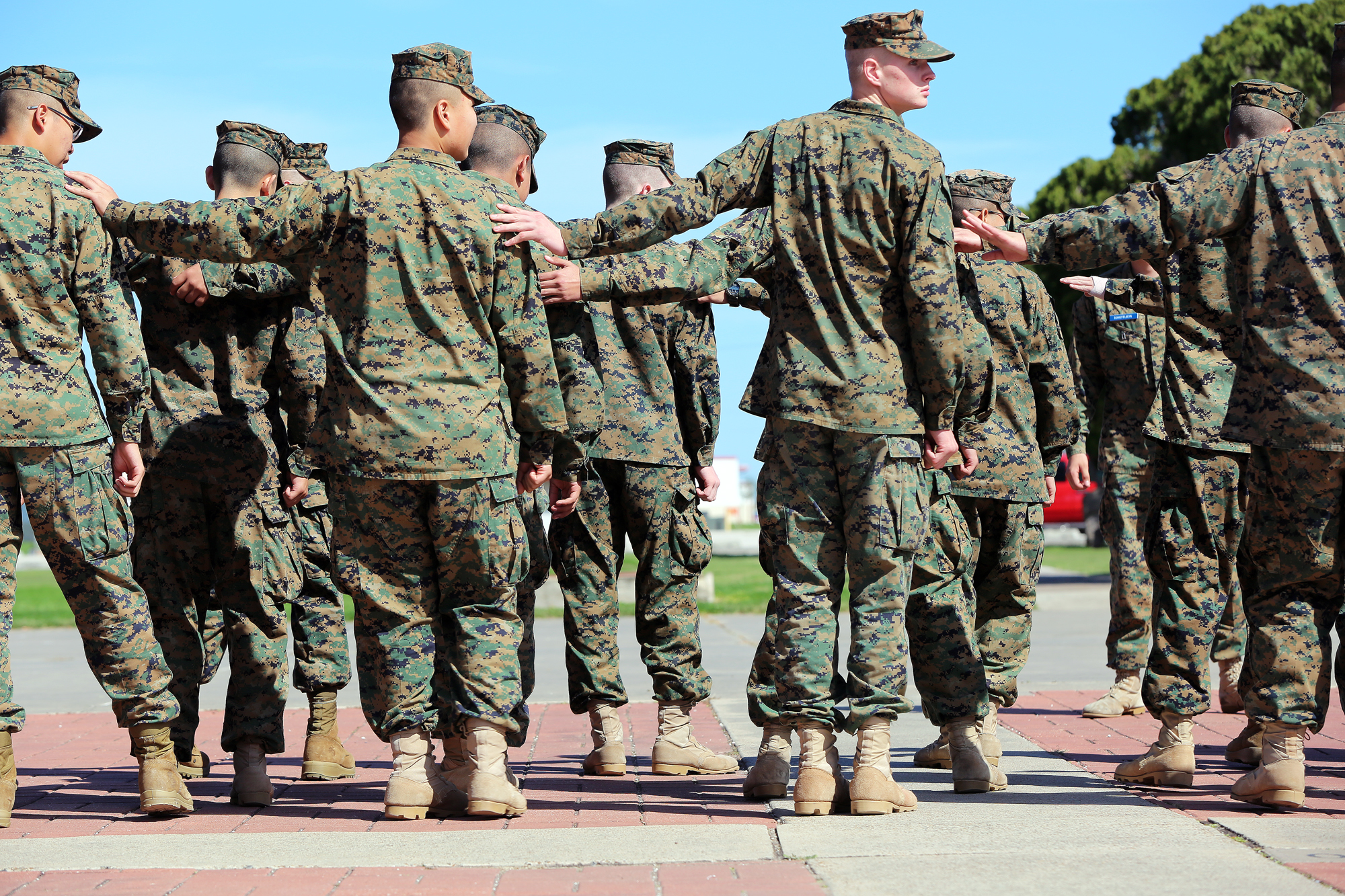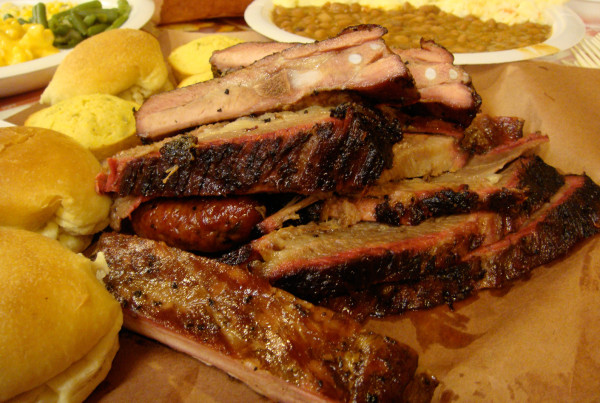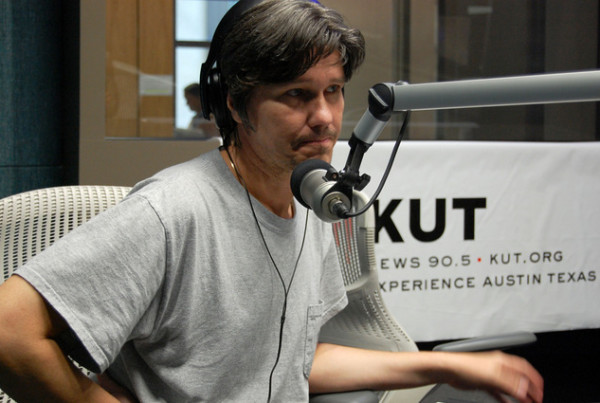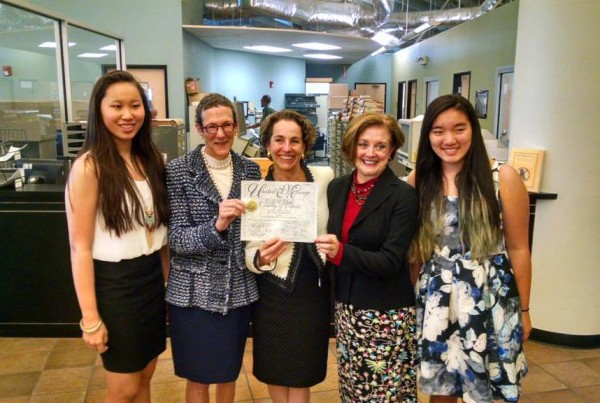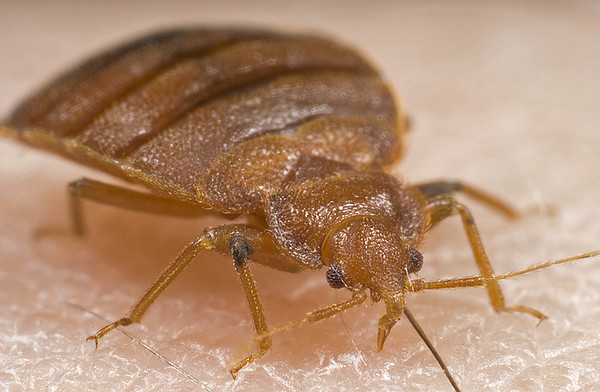Colonel Glenn Hill has been superintendent of the Marine Military Academy for almost 20 years. The school is modeled after the Marines, but doesn’t have any direct affiliation with them.
Hill himself spent 30 years in the corps – and he says there’s value in what the school teaches.
“In addition to academics, we have a focus on teamwork, leadership, teaching respect and responsibility and all of those other traits that you’d like to see in a good citizen,” Hill says.
The academy is unique in that it was founded in 1965 – during the Vietnam War – at a time when distrust of the military was high.
“There were a number of military schools in the United States that had been in existence for 100 years or more that either they did away with their military, they became co-educational, they ceased to exist,” Hill says. “And this little school in South Texas, not only did it take root but it flourished and we’re still here today.”
But that’s not the only reason the Marine Military Academy is stands out.
Thirty-five percent of students, or cadets, come from countries outside of the U.S. Many of them are from Mexico – which makes sense considering how close Harlingen is to the border. But many others come from China and Nigeria.
“They are looking for the structure and they’re looking for the opportunity for these young men to become more proficient in English and to learn to interact with other young men from different countries and cultures and backgrounds,” Hill says.
But it also just comes down to word of mouth.
“My mom had a friend and her kid used to come here like every summer or something for summer camp,” Cadet Derrick Metuh says.
Meng Yu Wang says he chose to attend MMA.
“I don’t like the educational system in Taiwan because all they care about is tests,” Wang says. “I was searching on the internet and reading a book about West Point and I’m kind of impressed about how the cadets in the military school carry themselves – it’s not just only academic – it’s physically fit and mentally fit.”
Most students, international or not, go to college after the academy – not the military. But Wang says he may enlist.
“That’s one option,” Wang says. “But I’m still working on my citizenship so that I can commission into the Marines. Another option is that I’ll go back to Taiwan and I’ll do what my father did for 20 years which is he was in the secret service and he protected the presidents. He was a body guard.”
For the cadet who is up for the challenge, the Marine Military Academy can be a good springboard. 100 percent of graduates are accepted into college – it’s a requirement that they apply. But the routine can be intense.
The cadets begin the day at 6 a.m with physical training, then it’s time for classes, after that it’s sports and extra-curriculars…
“We get haircuts once a week,” Wang says.
….and before bed – a mandatory study period. Every day – day after day. Is it for everyone?
“To be honest, I was a little bit scared,” Wang says. “Back home, when I told all my friends and family that I was coming to the United States to study in a military school they were like, ‘oh you’re not going to make it’ because for the image of the United States they’re all muscle men walking around… so you will get like bullying and racists.”
The cadets admit there is some of that, but they’re quick to add that the bullying is more of challenge to earn respect and privileges.
Colonel Hill says bullying and hazing is not tolerated. He arrived at the school around 1997 – shortly after the Marine Military Academy made headlines when two cadets slashed the throat of a third. The student survived – but Hill says things really changed after that. The school put up cameras and locks on the doors – and Hill says the culture changed as well.
The Marine Military Academy celebrates its 50th anniversary next year. And school leaders are proud they provide a uniquely Texas experience no matter where a cadet is from.


